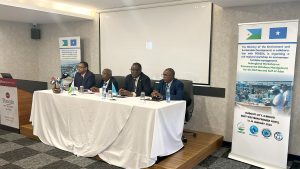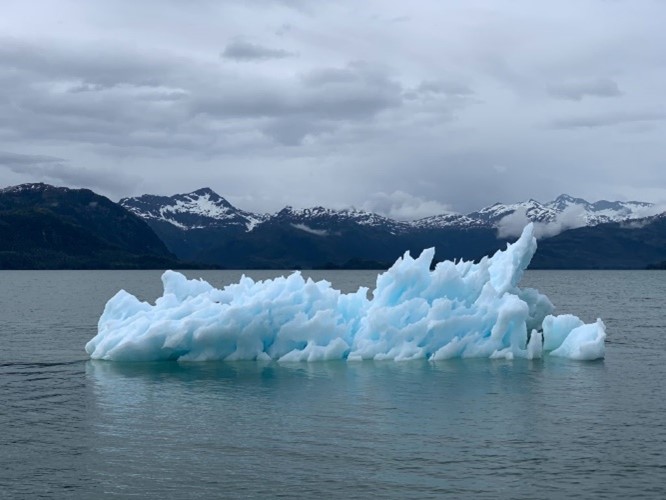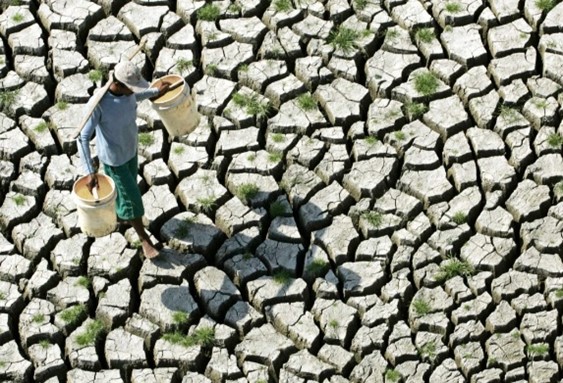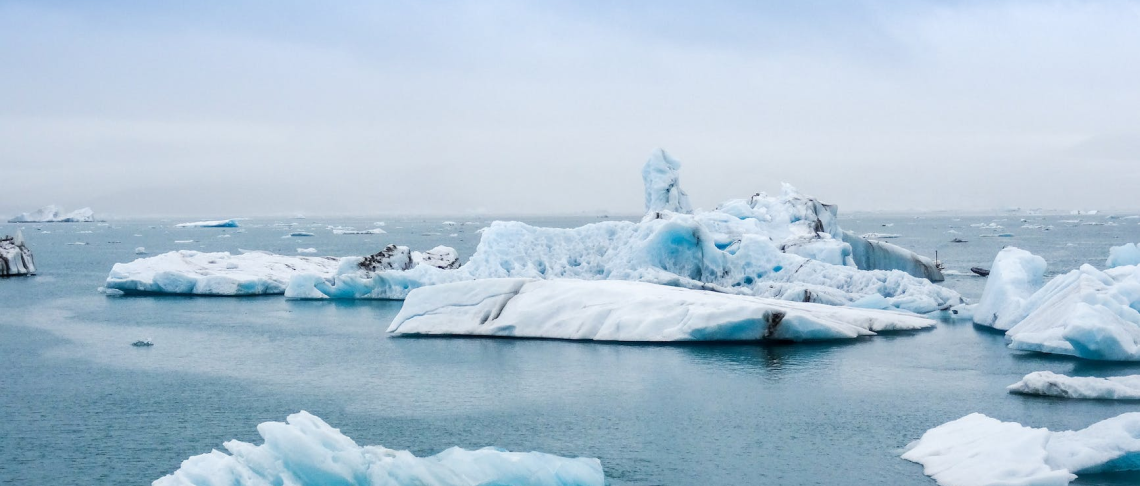Program Overview & Vision

In order to prepare and adapt to the likely impacts of Climate Change, an assessment of coastal vulnerability in the region is needed, together with promoting and mobilizing appropriate capacities for implementing an integrated and dynamic process of adaptation. Recognizing the importance of this, PERSGA has developed the present framework of its regional climate change program.
The main aim of PERSGA Program for adaptation to climate change is to establish a dynamic regional system of adaptation to such unavoidable changes; through assessing and mapping vulnerability of coastal and marine environments, promoting capacities, raising public awareness, facilitate information dissemination and developing efficient observation system, in addition to assist developing specific adaptation plans and support their implementation through demo projects.
This will support the decision-making mechanism, and risk identification and management all the way through:
- Identifying and understanding the likely impacts of climate change on coastal and marine environments, including risks to public investment-infrastructure, natural resources, biodiversity, socio-economic activities, heritage areas and human health in the coastal areas.
- Identifying opportunities for areas and assets and resources under threat or risks from climate change impacts.
- Facilitating scientific knowledge and information dissemination to assist communities and stakeholders in adaptation measures to the impacts of climate change.
- Promoting regional capacities of risk predictions, assessment and management; early warning and disaster management.
- Establishing a regional observation system for monitoring climate change in coastal and marine environment.
- Developing scenarios on the basis of potential trends, long-term prediction, forecasting and modeling.
- Develop response and adaptation plans, along with adoption and executing demo ecosystem-based adaptation measures
Gallery
Latest News
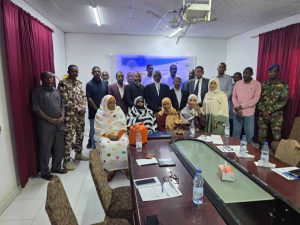
National Training Workshop on “Collection and Management of Fisheries Statistics …
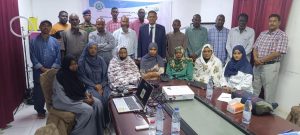
PERSGA Concludes National RIMS Training Workshop in Sudan
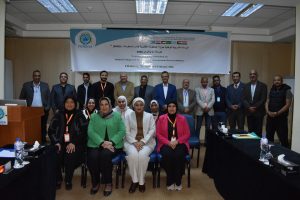
PERSGA Successfully Conducts National Training Workshop on Regional Information Management …
